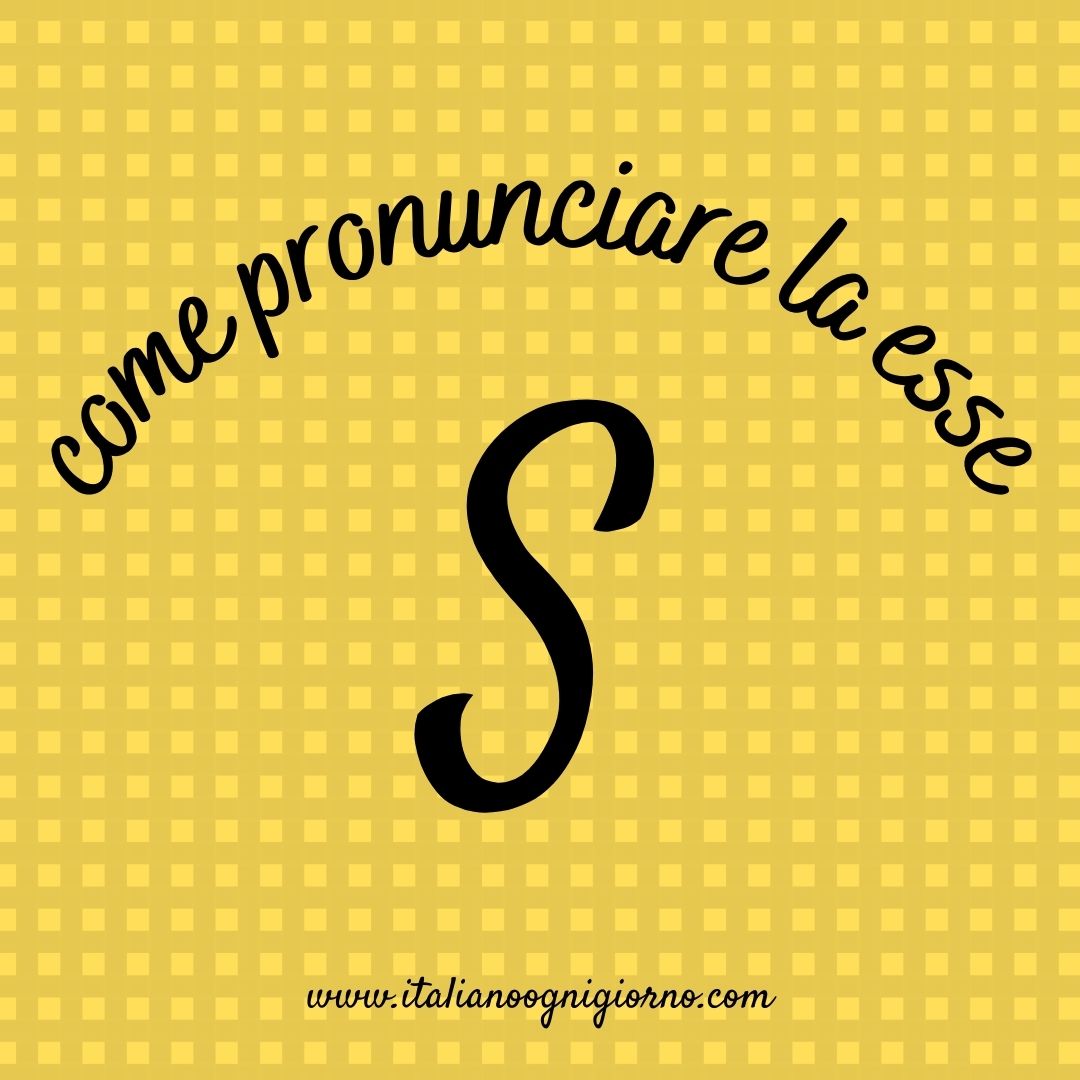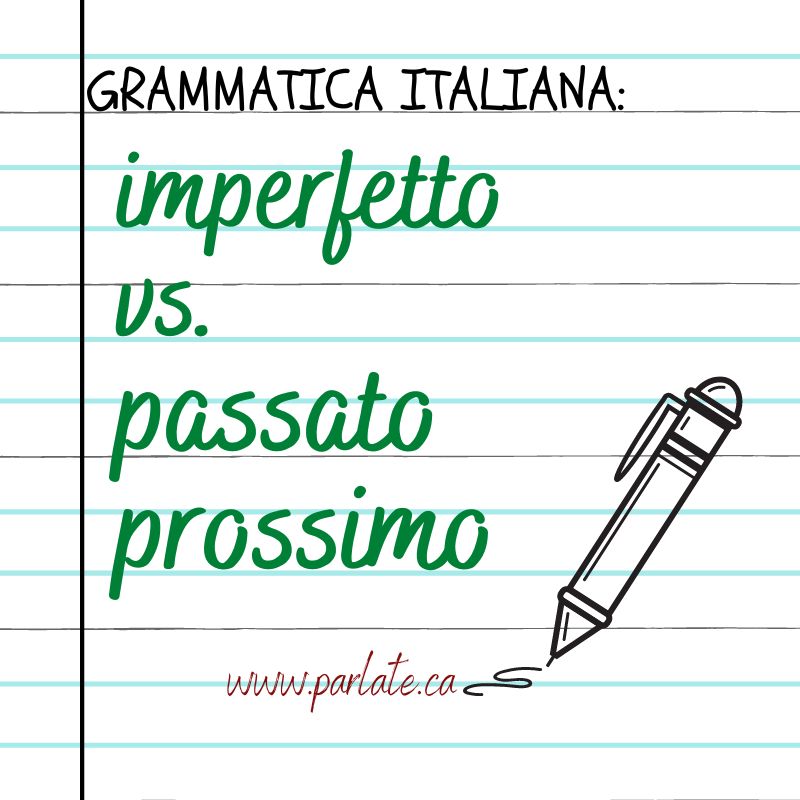(English follows)
Articolo scritto in italiano da Gregory Graybill, studioso del vino e dell’italiano. Redatto in italiano e tradotto in inglese da Mirella Colalillo.
Il vino ha avuto un ruolo importante nella cucina italiana e nello sviluppo culinario, infatti la storia della coltivazione e la produzione del vino è cominciata prima dei tempi romani. La formazione della civiltà si è sempre basata sull’agricultura. Il vino soprattutto, era forse l’elemento più utile della trinità dell’agricultura, grano, ulivi e vino, almeno nel mondo antico
del sud europa.
Salmo 104:15: il vino che allieta il cuore dell’uomo, l’olio che fa risplendere il suo volto e il pane che sostiene il suo cuore.
Il vino ha permesso alla gente antica di immagazzinare calorie per l’inverno. Ma anche dobbiamo ammettere che il vino offriva effetti collaterali deliziosi e divertenti durante le lunghe notti.
È particolarmente interessante che in Italia ci siano più o meno 3,000 varietà di vitigni quando invece consideriamo che ci sono circa 6,000 in tutto il mondo. Perché è importante questo fatto? Secondo me, rappresenta l’importanza per tutto il tempo dello sviluppo dei vigneti selezionati per essere più adatti a condizioni climatiche e territoriali specifiche, parte arte e parte scienza, per produrre un prodotto meraviglioso. Il processo è perso nella storia, ma oggi
il risultato finale rimane come antiche rovine romane non costruite di pietra.
Una persona impazzirebbe cercando di conoscere tutti i vini d’Italia. Ma ho cercato di scoprire il più possibile durante le mie vacanze in Italia. Parlerò solo delle regioni vinicole che ho visitato. Tutti conoscono il Chianti e gli altri famosi vini come il Brunello, il Nebiolo, il Barolo. In contrasto voglio parlare di quelli sconosciuti.
Comincio con Lacrima Christi del Vesuvio. Che cos’è un nome? Questi vitigni crescono in terreno vulcanico ed ostile, quasi solo ghiaia, sotto lo sguardo del Vesuvio. Il godimento del vino è ancora maggiore a causa della difficoltà di coltivazione. È un posto antico. Altresì in Campania c’è Aglianico di Irpina sulle montagne. L’uva Aglianico produce un vino ricco in quasi
tutto il sud. Lo adoro molto.
Adesso parliamo della Puglia. Il mondo dei vini in Pugila è diverso e speciale, come la storia degli ulivi secolari. Il Primitivo di Manduria è incredibile però non è famoso. Se fosse possibile bere un solo vino, questa sarebbe la mia scelta. Non vale la pena includere il paese di Manduria
durante un grande tour d’Italia per la maggioranza, ma ha un valore storico come parte della Magna Grecia. Il terreno è pianeggiante, ma le belle spiagge vicine si ricordano i Caraibi. Le uve maturano al sole brillante e raffreddate dal mare e producendo un vino ad alto contenuto alcolico e molto fruttato. Più a sud in Puglia, in Salento, a Guagnano si incontra il Negroamaro.
Il vino è scuro, audace, e anche forse sottovalutato. Gli amanti del vino dovrebbero visitare la Puglia.
San Gimignano attrae un sacco di turisti, come in tutta la Toscana dove i vini rossi sono più famosi e comuni. Comunque La Vernaccia di San Gimignano, un vino bianco, ha origini di più o meno 800 anni fa. La Vernaccia viene menzionata da Dante nel “Purgatorio”. Nell’anno 1960, è stato il primo vino ad ottenere il DOC e poi il DOCG. Le colline offrono un meraviglioso viaggio
nel paese dove non ci sono troppo turisti. La Vernaccia è un vino refrescante, un po’ acido ed amaro. Ma ci sono ancora altri posti non menzionati qui.
Tutte le tradizioni enogastronomiche d’Italia nascono da una base di ingredienti artigianali: formaggi, salame, olio, vino, ecc. Raccontano tutti una storia di un tempo e di un luogo.
Contengono tanto patrimonio quanto il Colosseo o il Vaticano. Dunque, quando si va in Italia consiglio una visita delle cantine, dei frantoi o dei caseifici. Ho trovato che la maggior parte delle persone in paese è felice di vedere i turisti, forse perché non ce ne sono molti. È possibile soggiornare in una Masseria o Azienda in una zona vinicola per avere un senso del posto. Dopo, si torna a casa, quando degustate un vino magari sarete trasportati con il suo sapore e odore. In questo modo, il vino può essere un ricordo del tuo viaggio, e dei bei momenti. Con un calice di vino sarai più felice.
Gregory Graybill
L’autore è nato in California, cresciuto durante il periodo in cui la California stava diventando una famosa regione vinicola. All’università ha studiato biochimica e biologia moleculare maturando un interesse per la produzione di vino. Nel tempo libero ha viaggiato nelle aree vinicole della California, e poi in altri Stati. Ha conseguito i certificati in viticoltura ed enologia. Ha iniziato a viaggiare in Europa nelle regioni vinicole in Spagna, Francia, Germania, Grecia e Italia, dove è andato quattro volte. L’amore per i vini italiani è diventato un motivo importante per andarci, per vedere, annusare e toccare la terra, e per incontrare le persone che sono i custodi delle viti e del vino diventando cosi un conoscitore dei vini d’Italia.
Canale YouTube:https://www.youtube.com/@gregthewinetraveler3946
(English version)
Article written in Italian by Gregory Graybill, wine and Italian scholar Edited in Italian and translated into English by Mirella Colalillo.
Wine has played an important role in Italian cuisine and culinary development, in fact the history of cultivation and production of wine began before Roman times. The formation of civilization has always been based on agriculture. Above all, wine was perhaps the most useful element of the trinity of agriculture: wheat, olive trees and wine, at least in the ancient world of southern Europe.
Psalm 104:15: Wine that gladdens a man’s heart, oil that makes his face shine, and bread that sustains his heart.
Wine allowed ancient people to store calories for the winter. But also we must admit that wine offered delicious and enjoyable side effects during the long nights.
It is particularly interesting that there are more or less 3,000 varieties of grape varieties in Italy when we consider that there are about 6,000 worldwide. Why is this fact important? In my opinion, it represents the importance all along of the development of vineyards selected to be best suited to specific climatic and territorial conditions, part art and part science, to produce a wonderful product. The process is lost in history, but today the end result remains as ancient Roman ruins not built of stone.
A person would go crazy trying to know all the wines of Italy. But I tried to discover as much as I could during my vacation in Italy. I will only talk about the wine regions I visited. Everyone knows Chianti and the other famous wines such as Brunello, Nebiolo, and Barolo. In contrast I want to talk about the unknown ones.
I’ll start with Lacrima Christi del Vesuvio. What is this, a name? These vines grow in volcanic and hostile soil, almost only gravel, under the gaze of Vesuvius. The enjoyment of the wine is even greater because of the difficulty of cultivation. It is an ancient place. Also in Campania there is Aglianico di Irpina in the mountains. The Aglianico grape produces a rich wine in almost
the whole south. I love it very much.
Now let’s talk about Puglia. The world of wines in Pugila is different and special, like the history of centuries-old olive trees. Primitivo di Manduria is incredible, however it is not famous. If it were possible to drink only one wine, this would be my choice. It is not worth including the town of Manduria
during a grand tour of Italy for the majority, but it has historical value as part of Magna Graecia. The terrain is flat, but the beautiful beaches nearby are reminiscent of the Caribbean. The grapes ripen in brilliant sunshine and cooled by the sea, producing a high-alcohol, very fruity wine. Further south in Puglia, in Salento, Negroamaro is found in Guagnano. The wine is dark, bold, and even perhaps underrated. Wine lovers should visit Puglia.
San Gimignano attracts a lot of tourists, as in all of Tuscany where red wines are more famous and common. However Vernaccia di San Gimignano, a white wine, dates back to more or less 800 years ago. Vernaccia is mentioned by Dante in “Purgatorio.” In the year 1960, it was the first wine to obtain DOC and then DOCG status. The hills offer a wonderful journey in the country where there are not too many tourists. Vernaccia is a refreshing wine, a little sour and bitter. But there are still other places not mentioned here.
All of Italy’s food and wine traditions stem from a base of artisanal ingredients: cheese, salami, oil, wine, etc. They all tell a story of a time and place.
They contain as much heritage as the Colosseum or the Vatican. So, when you go to Italy I recommend a visit to wineries, oil mills or dairies. I have found that most people in the village are happy to see tourists, perhaps because there are not many of them. You can stay in a Masseria or Azienda in a wine area to get a sense of place. Later, when you go back home, you’ll taste a wine and maybe you will be transported with its taste and smell. In this way, the wine can be a reminder of your journey, and of the good times. With a glass of wine you will be happier.
Gregory Graybill
The author was born in California, and grew up during the time when California was becoming a famous wine region. In college he studied biochemistry and molecular biology while developing an interest in wine production. In his spare time he traveled to the Californian wine areas, and then to other States. He earned certificates in viticulture and enology. He began traveling in Europe to wine regions in Spain, France, Germany, Greece and Italy, where he went four times. His love for Italian wines became an important reason to go there, to see, smell and touch the land, and to meet the people who are the keepers of the vines and wine, thus becoming a connoisseur of the wines of Italy.
YouTube Channel: https://www.youtube.com/@gregthewinetraveler3946
- 10 proverbi italiani di luglio

- Il fornaio celiaco del Rinascimento | Un racconto italiano

- I Vini italiani |Storia e Cultura

- How to say delicious in Italian – 16 words and phrases

- Top Italian articles of the year | Gli articoli migliori dell’anno

- Dried fruits and nuts | Italian vocabulary

- Schiacciata con l’uva ricetta- grape pizza recipe

- Don’t make these 8 Italian word mistakes


























